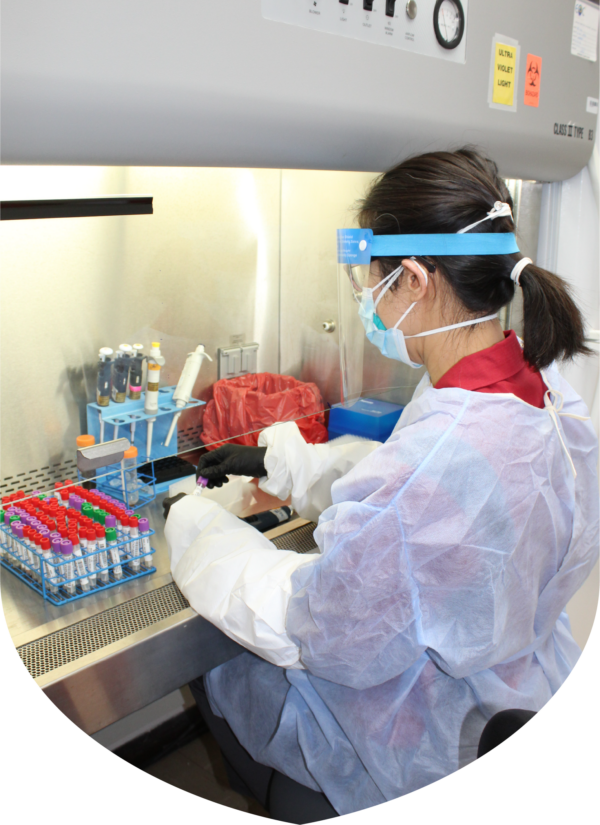 UGA’s Veterinary Diagnostic Laboratories: Protecting Health and Industry Statewide
UGA’s Veterinary Diagnostic Laboratories: Protecting Health and Industry StatewideGeorgia’s Veterinary Diagnostic Labs are the unsung heroes of the state’s agriculture industry, working behind the scenes to protect public health and industry, while playing a role in educating the next generation.
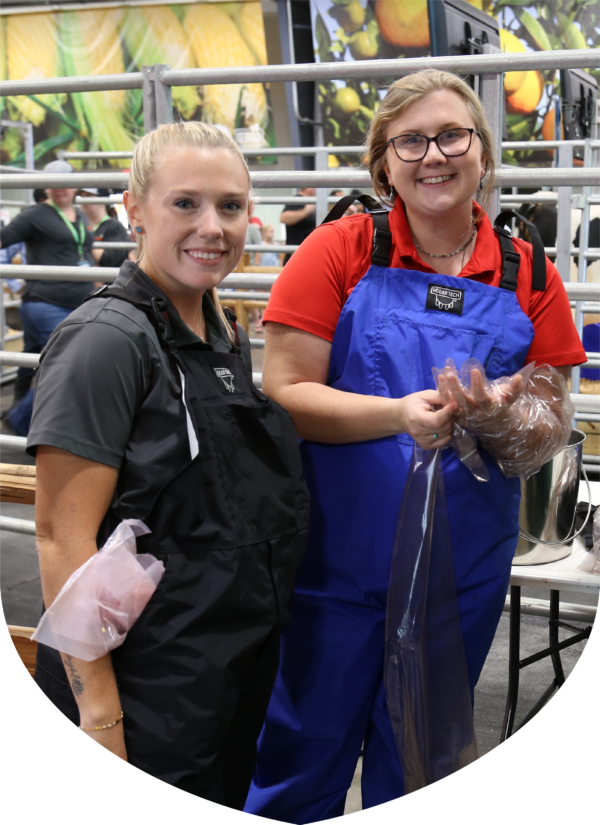 Curing Georgia’s Large Animal Vet Shortage: A Grassroots Effort
Curing Georgia’s Large Animal Vet Shortage: A Grassroots EffortThe nationwide shortage of food animal veterinarians has significantly impacted livestock producers in rural Georgia. With no easy solution to the issue in sight, the UGA College of Veterinary Medicine gets creative in its efforts to attract future veterinarians who are eager to serve in these rural areas.
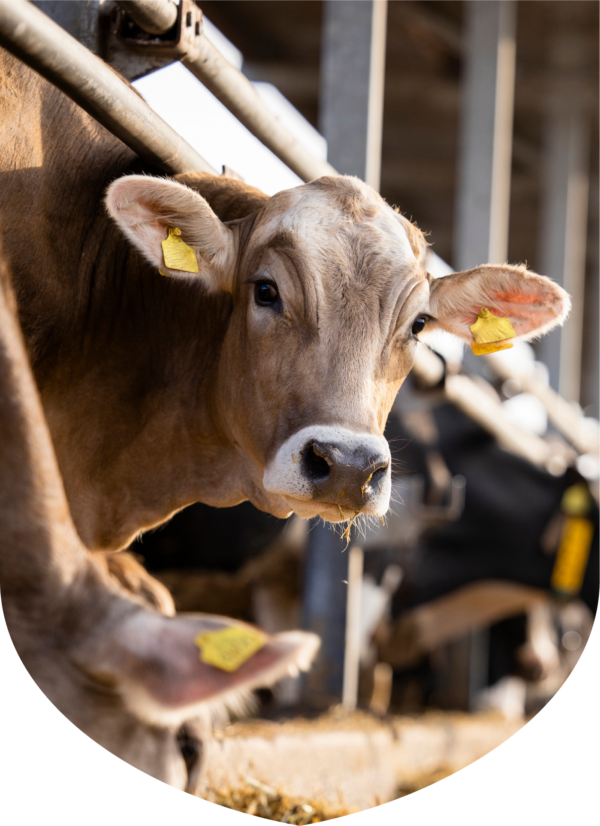 UGA VetMed Leads FDA Partnership to Test U.S. Dairy Supplies for Avian Influenza
UGA VetMed Leads FDA Partnership to Test U.S. Dairy Supplies for Avian InfluenzaResearchers across UGA have joined forces with the Food and Drug Administration to ensure the safety of dairy products during the avian influenza outbreak. The goal of the partnership is reducing the threat of the virus to human and animal health.
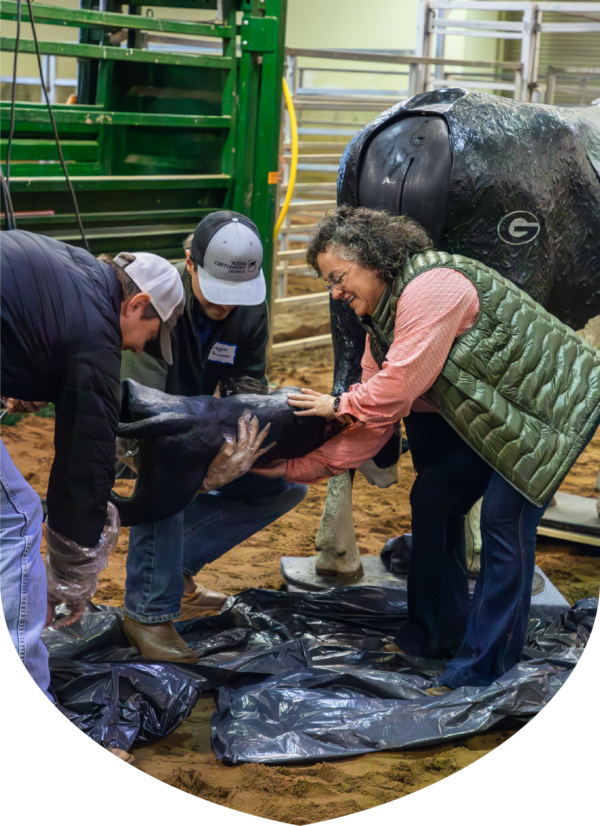
Dr. Angie McDaniel serves as a Clinical Associate Professor of food animal health and management at the University of Georgia College of Veterinary Medicine’s Tifton location, providing care for livestock and equine in South Georgia. In addition to her veterinary services, McDaniel also plays a crucial role in educating and inspiring future generations of large animal veterinarians.
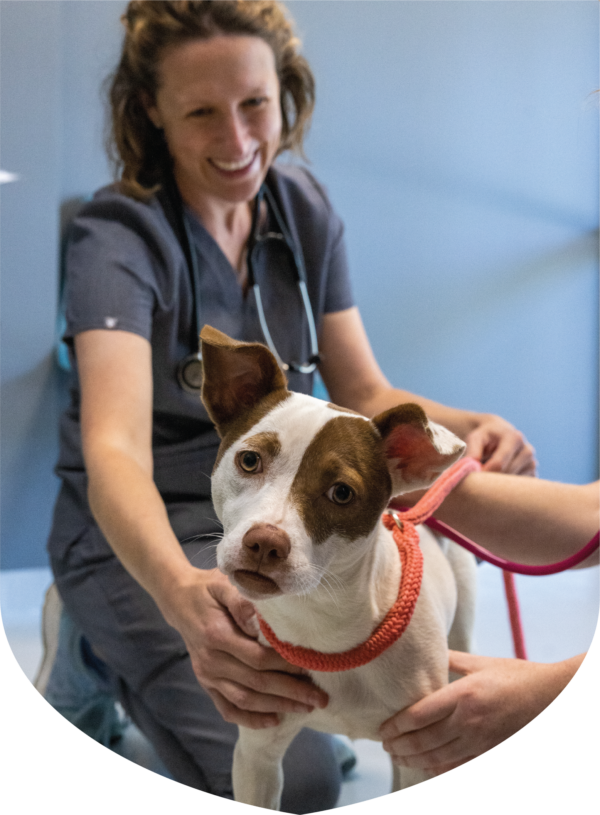 Shelter Medicine at UGA VetMed
Shelter Medicine at UGA VetMedIn an effort to better educate students and fill a vital need in veterinary medicine, UGA CVM established a shelter medicine program. “There currently is a shortage of veterinarians engaged in shelters,” Cannon said. “Through this program we are taking a higher-level view. We want to equip the next generation of veterinarians to help shelters and care for animals in all areas of our communities.”
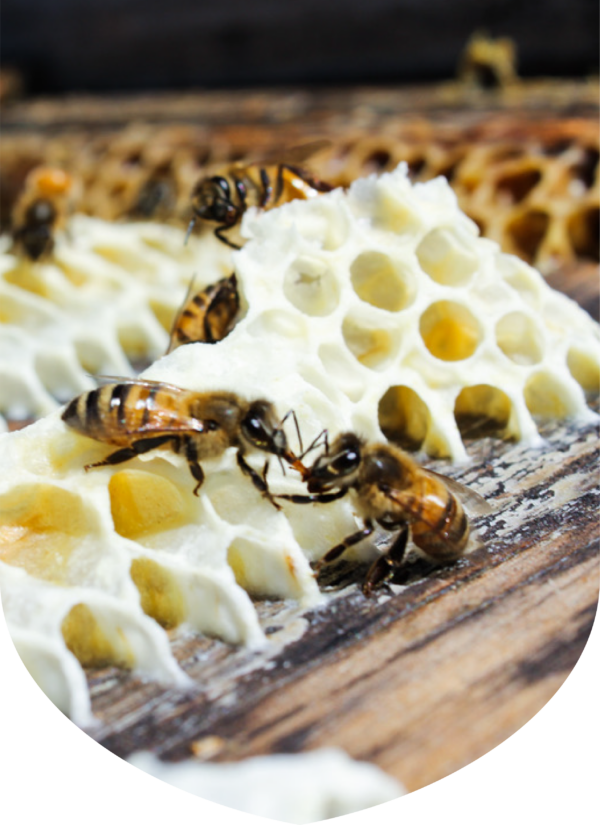 UGA VetMed’s Bee Medicine Program
UGA VetMed’s Bee Medicine ProgramAt UGA VetMed, DVM students learn to care for animals of all species and sizes. Among the smallest of these patients is the humble honeybee, which plays a crucial role in our environment and global food supply. Recognizing the importance of bees, UGA CVM established its bee medicine program, the first of its kind among veterinary colleges in the nation. This program aims to benefit the future of the honeybee population by educating veterinarians in basic care and hive health. Additionally, the program has facilitated groundbreaking research that aided in the development of the world’s first bee vaccine.